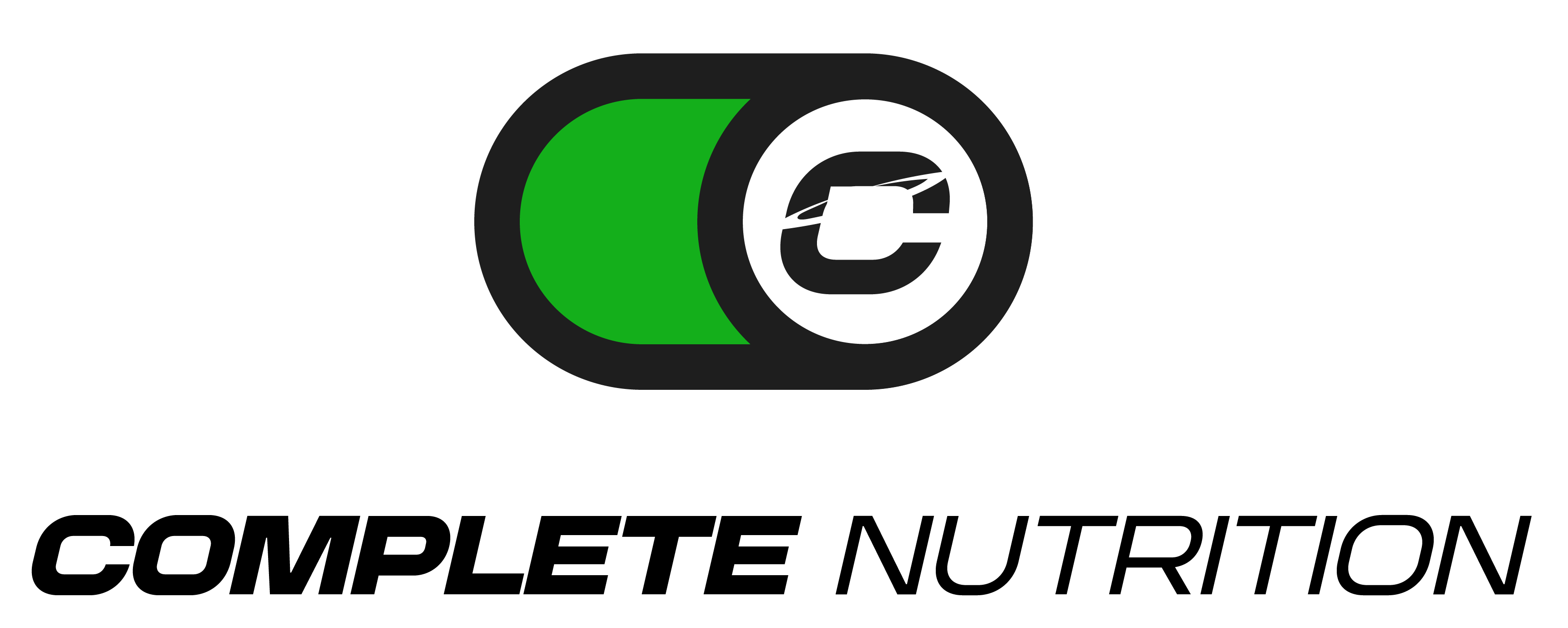Sea moss, also known as Irish moss, has grown in popularity as both a food and a skincare ingredient. Traditionally used in coastal regions for its nutritional value, it is now found in smoothies, supplements and even face masks. Many people are curious about whether sea moss truly supports skin health or if it is simply the latest wellness trend. To understand its potential, it is worth exploring what sea moss contains, how it may affect the skin and whether it has a role alongside collagen for long term skin support.
Want to learn more about how collagen supplements work and which type is right for you? Visit our [Collagen Guidance Hub] for answers to all the most commonly asked questions about this essential protein.
What is Sea Moss
Sea moss is a type of red algae that grows naturally along the Atlantic coastlines of Europe and the Caribbean. When dried, it has a slightly crisp texture, and when soaked, it becomes gel-like. Traditionally it has been used in cooking as a thickening agent and as a source of natural minerals. Today, it is often sold in capsules, powders or gels and is promoted for benefits ranging from digestion support to skin nourishment.
Nutrients in Sea Moss and Their Role in Skin Health
The appeal of sea moss lies in its mineral content. It contains iodine, potassium, magnesium, calcium, zinc and small amounts of vitamins A, C, E and K. These nutrients play a role in maintaining skin function. For example, zinc helps regulate oil production and supports wound healing, while vitamin C contributes to collagen formation. Magnesium and potassium can assist in hydration balance, which is vital for keeping the skin barrier strong. Although the exact levels of these nutrients vary depending on where the sea moss is grown, it does provide a blend that may benefit the skin when part of a balanced diet.
Sea Moss in Skincare Products
Beyond supplements, sea moss is also being used in creams, masks and serums. It has a naturally soothing, gel-like consistency that can hydrate the skin surface and leave it feeling soft. Some formulations claim to lock in moisture and calm irritation, making it appealing for dry or sensitive skin types. However, the benefits are mainly topical and temporary. Applying sea moss gel may give the skin a refreshed look, but it does not replace the deeper structural support provided by collagen within the body.
Does Sea Moss Help with Anti Ageing
Many people associate sea moss with anti ageing claims. The truth is that while it contains antioxidants such as vitamin C and E, which can help protect against free radical damage, it does not directly prevent wrinkles or restore lost firmness. Collagen is the main protein responsible for skin elasticity, and this cannot be replaced by applying sea moss to the skin. At best, sea moss can provide surface hydration and some protective compounds, but it is not a stand-alone anti ageing solution. Long term results require consistent sun protection, good nutrition and support for collagen production.
Sea Moss and Skin Conditions
There are anecdotal reports of sea moss helping with acne, eczema or psoriasis, largely because of its mineral profile and potential anti inflammatory properties. Zinc, for example, has long been used in creams for acne, while sulphur-based compounds in sea moss may have a mild antimicrobial effect. However, research into sea moss specifically for these conditions is limited, and results vary from person to person. People with very sensitive skin should be cautious, as natural algae can sometimes trigger irritation or allergic reactions.
How Sea Moss Compares to Collagen
Sea moss and collagen are often discussed together, but they serve different purposes. Sea moss provides hydration and minerals that may benefit the outer layers of the skin, while collagen works deeper to support structure, elasticity and resilience. Collagen levels naturally decline with age, leading to fine lines and sagging. While sea moss can be part of a healthy diet and skincare routine, it does not replace the need for collagen support through diet or supplementation.
Is Sea Moss Worth Adding to Your Routine
For most people, sea moss can be a nutritious addition to their diet, offering a source of minerals that are important for overall wellbeing. When applied topically, it may provide a temporary boost of hydration and softness. However, it is not a miracle cure for ageing or skin conditions. As with many natural products, the benefits are best seen when sea moss is part of a wider approach to health that includes a balanced diet, good hydration, daily sun protection and, if desired, collagen supplementation.
If you are looking for a simple way to support your collagen levels, our collagen gummies offer a delicious and easy alternative to powders or tablets, perfect for your daily beauty and wellness routine.


Share:
Is Sauna Good for Skin
Is Apple Cider Vinegar a Probiotic